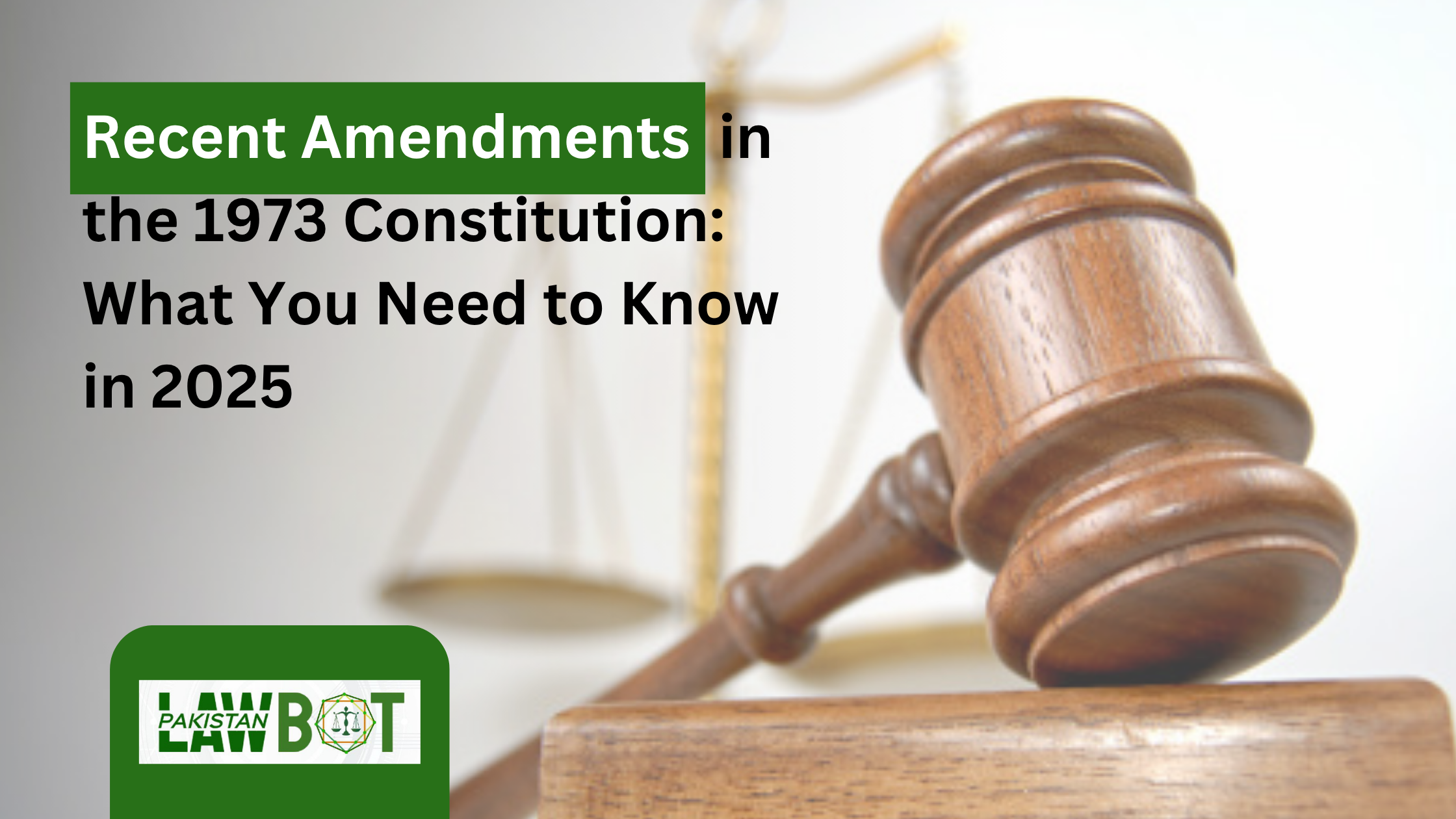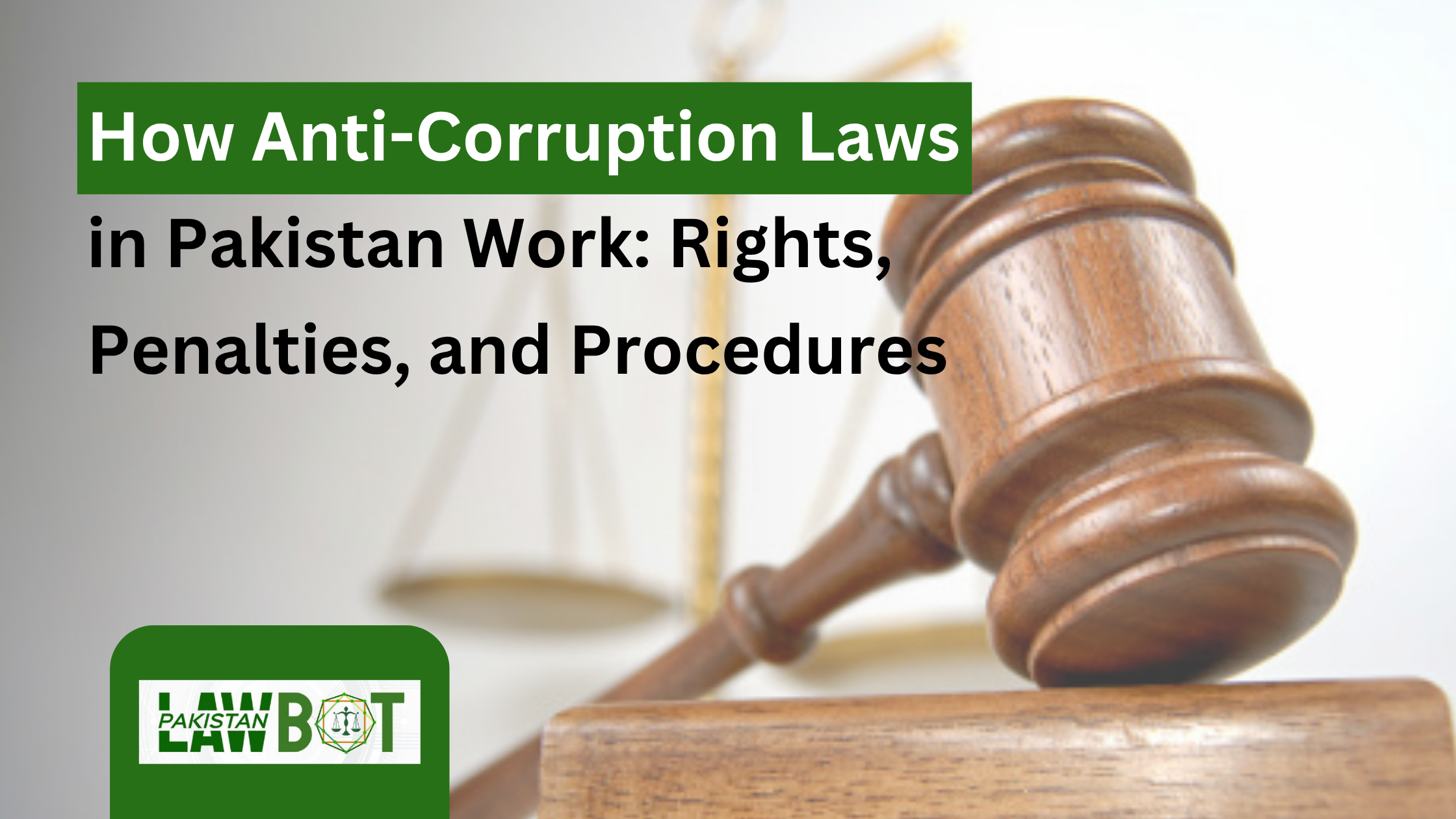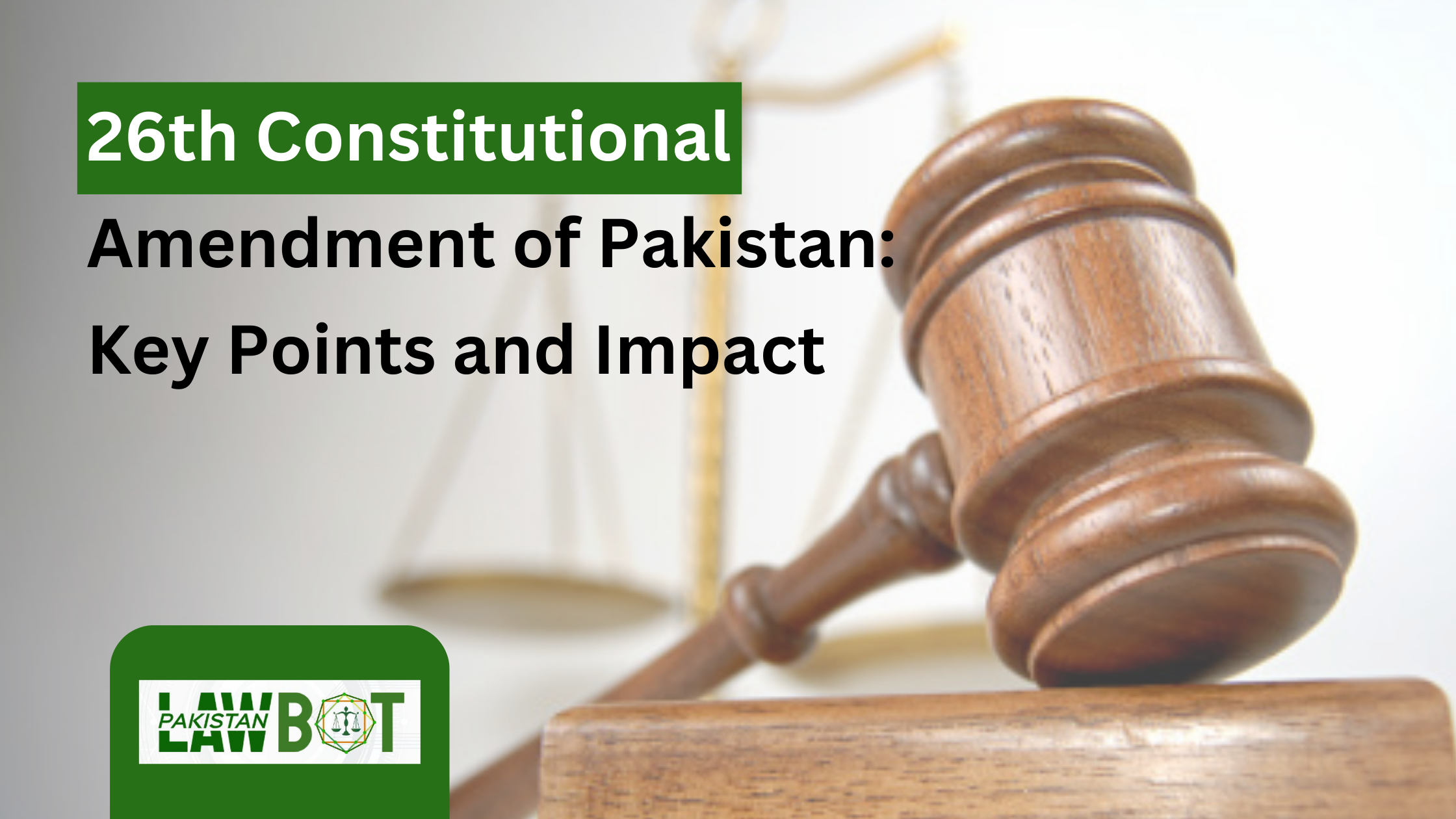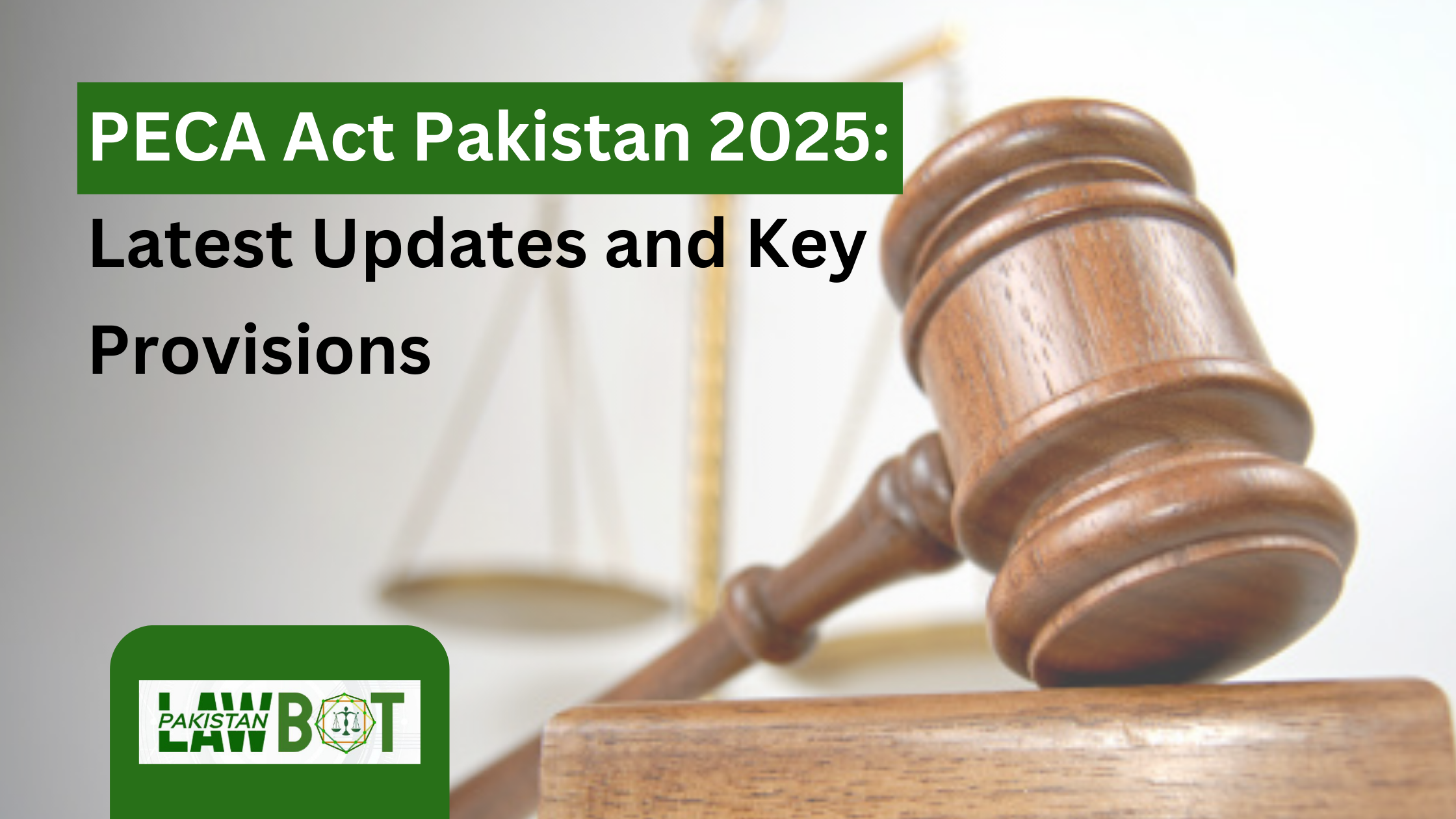Introduction
Pakistan’s 1973 Constitution remains the cornerstone of its legal and political framework. Over the years, it has evolved through various amendments to reflect the country’s shifting needs and governance styles. In 2025, the passage of the 26th Amendment marked a turning point—triggering both praise and controversy.
This article explores the recent constitutional changes, their implications, and why they matter in Pakistan’s current political climate.
A Brief History of Key Amendments
Defining Milestones
Since its inception, the Constitution has seen numerous amendments, each one reshaping the state’s structure in critical ways. The 8th Amendment (1985) gave sweeping powers to the President during General Zia’s rule. Conversely, the 18th Amendment (2010) significantly reduced presidential control, restored parliamentary authority, and enhanced provincial autonomy.
Subsequent reforms, including the 19th and 20th Amendments, focused on refining judicial appointments and improving electoral transparency. These changes aimed to strengthen the country’s democratic institutions.
The 26th Amendment: A New Chapter in 2024–2025
Background and Timing
Parliament passed the 26th Amendment in October 2024, during an expedited session with limited debate. Government officials justified the urgency by highlighting the need for immediate judicial reforms. However, many critics raised concerns about the lack of consultation and transparency.
The amendment introduced several far-reaching structural changes, particularly to the judicial appointment process and constitutional powers of the Supreme Court.
Major Revisions in Focus
Reconfiguration of Judicial Appointments
The newly restructured Judicial Commission of Pakistan (JCP) includes political representatives—such as MNAs, Senators, and a minority or female member nominated by the National Assembly. This significantly alters the previously judge-centric composition.
Additionally, the Special Parliamentary Committee (SPC) now selects the Chief Justice of Pakistan from the three most senior judges. These meetings are confidential, and the committee is not required to follow seniority guidelines.
Fixed Tenure for Chief Justice
Instead of automatically becoming Chief Justice based on seniority, judges will now serve a fixed three-year term in that position. Supporters believe this introduces fairness, but critics argue it allows political preferences to override merit.
Reduced Suo Motu Authority
One of the amendment’s most debated elements is the limitation of suo motu powers. Previously, the Supreme Court exercised these powers independently. Under the new law, a judicial committee now oversees such decisions—raising alarms about reduced autonomy for the judiciary.
New Constitutional Rights
Environmental Protection through Article 9A
A notable addition is Article 9A, which gives every citizen the right to a clean, healthy, and sustainable environment. This move aligns Pakistan’s Constitution with global climate and sustainability goals.
Move Toward Interest-Free Finance
Another provision sets January 1, 2028, as the target date for eliminating riba (interest), “as far as practicable.” While the goal appeals to proponents of Islamic finance, experts question how this transition will occur in a modern banking system.
Public and Legal Response
Judicial Concerns
Bar associations and senior lawyers across Pakistan expressed strong opposition to the 26th Amendment. The International Commission of Jurists labeled the changes a threat to judicial independence. They argue that political involvement in appointments undermines the impartiality of the bench.
Controversial Appointments
In late 2024, Justice Yahya Afridi was appointed Chief Justice—despite being third in seniority. Opposition leaders and civil society groups viewed this as a clear example of the new system favoring political agendas over judicial merit.
Some lawmakers even admitted they hadn’t fully read the bill before voting, sparking public outrage over the parliamentary process.
Mixed Reactions from the Public
While legal experts voiced concern, some citizens appreciated the addition of environmental rights. Likewise, religious groups welcomed the initiative to eliminate interest-based financial practices. Still, most observers remain cautious about how these provisions will be enforced.
Implications Moving Forward
Threats to Judicial Independence
By shifting key powers away from the judiciary, the amendment may discourage judges from making bold, impartial decisions in politically sensitive cases. As a result, the balance between Pakistan’s executive, legislative, and judicial branches appears increasingly fragile.
Banking and Financial Challenges
Eliminating interest from financial systems requires comprehensive regulation. Banks, investors, and international partners await clarity on how this goal will be achieved without disrupting economic stability.
Environmental Rights: Symbolic or Practical?
Although the environmental provision is progressive, its impact depends on legislation, budget allocation, and enforcement mechanisms. Without these, the right may remain more symbolic than actionable.
What Lies Ahead in 2025?
-
Monitoring of the SPC’s conduct during future judicial appointments
-
Litigation from bar councils and rights organizations challenging the amendment
-
Policy development around environmental protection and Islamic finance
-
Increased debate over the judiciary’s independence and separation of powers
Summary Table – Before and After the 26th Amendment
| Aspect | Before 26th Amendment | After 26th Amendment |
|---|---|---|
| Judicial Appointments | Judge-led commission | Political figures included in the JCP |
| Chief Justice Term | Based on seniority until retirement | Fixed 3-year term, selected by SPC |
| Suo Motu Powers | Held solely by Supreme Court | Managed by a judicial committee |
| Environmental Rights | Not defined in Constitution | Recognized under Article 9A |
| Interest-Based Finance | No constitutional deadline | To be abolished by 2028 |
Conclusion
The 26th Amendment to Pakistan’s Constitution has introduced transformative changes. While it adds valuable protections like environmental rights and a shift toward Islamic finance, it also raises deep concerns about judicial independence and the politicization of justice.
In the coming months, all eyes will be on how the new laws function in practice. Will they strengthen democracy and protect public interest, or concentrate power in the hands of a few? The answers will shape Pakistan’s legal and political future in 2025 and beyond.






